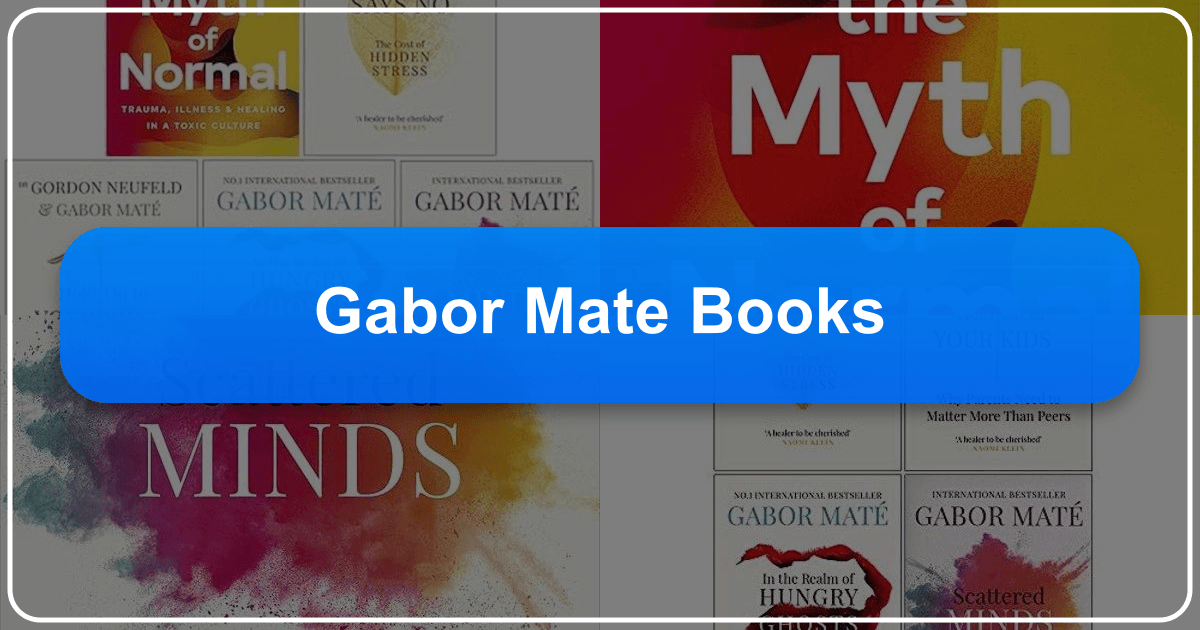Viktor Frankl's Books: A Legacy of Logotherapy and Resilience
Viktor Frankl’s life and work stand as a testament to the indomitable human spirit. His experiences in Nazi concentration camps, far from crushing him, forged a profound philosophy of meaning and purpose that he meticulously documented and shared with the world. His books, spanning various genres and encompassing profound insights into the human condition, continue to resonate with readers seeking meaning, resilience, and a path toward a fulfilling life. This exploration delves into the world of Viktor Frankl’s writings, analyzing their genres, thematic content, cultural impact, and enduring legacy, all while referencing the comprehensive resource available at Lbibinders.org.






